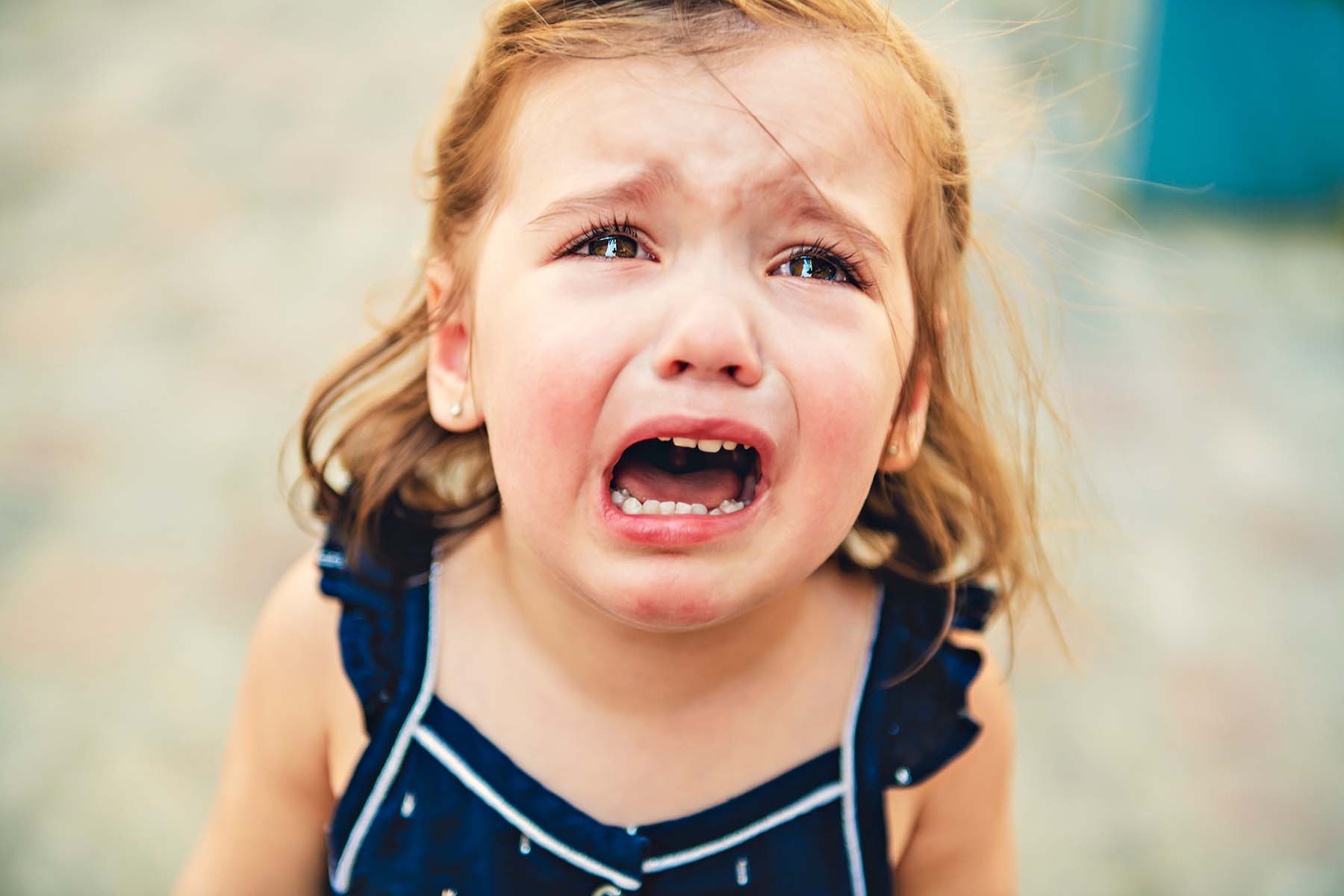How to Spot and React to Pediatric Concussions

When a child gets knocked unconscious while playing sports, it’s common sense for a coach or parent to check for signs of concussion immediately.
It’s less obvious how you should respond if your child is roughhousing on the living room floor or falls out of bed and bumps their head.
Both examples — and many other common, seemingly minor accidents — can cause a child to have a concussion. Knowing how to identify and react to this temporary and typically minor injury to the brain is the best way to help your child recover and return to normal physical and mental activities.
Causes of concussions in children include:
- Falls from bed/highchairs
- An object falling on the child (such as furniture, TV, ceramic mug)
- Physical fights
- Amusement park rides
- Falls from a bicycle, skateboard, roller skates, or scooter
- Car crashes
- Sports injuries/impact
What are the symptoms of concussion?
These usually happen immediately but can show up hours or days later.
- Difficulty with thinking skills, such as memory and attention
- Slow to understand others, confusion
- Slurred and slow speech
- Saying things that don’t make sense
- Dizziness or balance problems
- Headaches, feeling of pressure in the head
- Nausea or vomiting
- Double or blurry vision
- Sensitivity to light or noise
- Feeling tired, sluggish, groggy, or dazed
- Sleeping problems
- Changes in mood (irritability), personality, or behavior
- Post-concussion syndrome: a complex disorder of symptoms that last longer than the usual concussion recovery period
Does my kid need to see a doctor?
Check for changes in his or her consciousness, awareness, alertness, and overall wellness.
Seek medical attention if your child:
- becomes unconscious (even if temporarily)
- is suddenly sleepy, can’t be woken up
- vomits repeatedly
- is disoriented or confused, can’t recognize familiar people
- can’t stop crying (especially an infant)
- has a seizure or convulsions
- is unable to move a part of their body
- is walking abnormally
- one pupil that is larger than the other
- slurred speech
Call your primary pediatrician to discuss the injury.
If they tell you the child does not need to be seen urgently, you can monitor them overnight. Regularly check on them to ensure there are no new signs that would warrant taking the child immediately to an emergency room or urgent care clinic.
How long does it take to recover from a concussion?
Following a concussion, strict rest is recommended for the first few days if symptoms are disabling (your child is complaining or acting abnormally). Low-intensity activity (physical and mental) and avoiding another injury are essential for brain function to return to normal.
- Avoid physical activities like biking, running, and roughhousing, as well as mentally demanding activities like homework, extensive reading, and learning something new.
- Limit screen time, which can worsen or trigger some symptoms.
- To keep kids busy during recovery, engage in calming activities like coloring, listening to music, and quiet board/card games.
If the child isn’t suffering from any symptoms, or once they feel noticeably better, they can resume low-intensity activities and exercise. This is proven to speed up the recovery process.
Returning to school with accommodations in place is also recommended. Speak to the child’s teacher/school counselor about temporarily extending time on assignments and tests, allowing for shortened school days, providing pre-printed notes/classwork (instead of working on computer screens), and permitting frequent breaks, as the child needs.
The multidisciplinary team at the University of Miami Health System’s UConcussion Program can work with your school and teachers to provide accommodations to assist your child with returning to school.
Gradually returning to pre-concussion activity levels, children should feel and act like their usual selves within a couple of weeks. If a child continues to experience physical, behavioral, or mental changes that began after the accident, follow up with a traumatic brain injury (TBI) specialist for further testing.
The next stage of concussion recovery care may include pediatric rehabilitation (for non-sports related mild TBIs), pediatric neuropsychological services (for patients with persistent cognitive, emotional, or behavioral changes), and vestibular rehabilitation (for patients with ongoing balance problems or difficulty with head/eye movement).
To schedule an appointment with UHealth’s Concussion clinic, call 305-243-2074 (Miami) or 561-289-5808 (Palm Beach).
Written by Dana Kantrowitz, a contributor to UMiami Health News. Medically reviewed by Jennifer Coto, Ph.D., a pediatric psychologist with UHealth’s UConcussion Program, and Juan P. Solano, M.D., a UHealth pediatrician specializing in traumatic brain injury.
Tags: concussions in kids, Dr. Jennifer Coto, Dr. Juan Solano, non sports concussions, Pediatric Concussion Clinic, UConcussion Program
